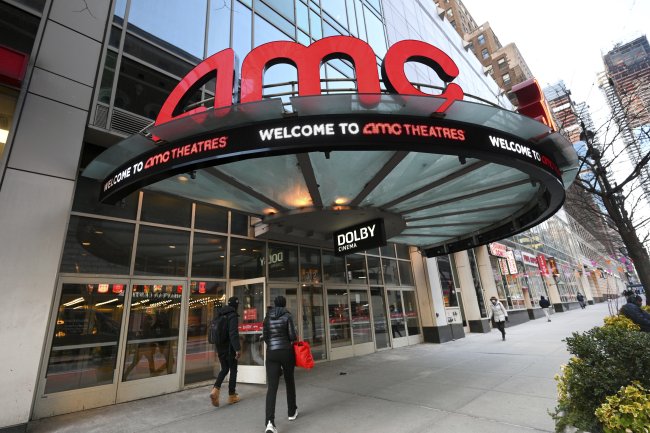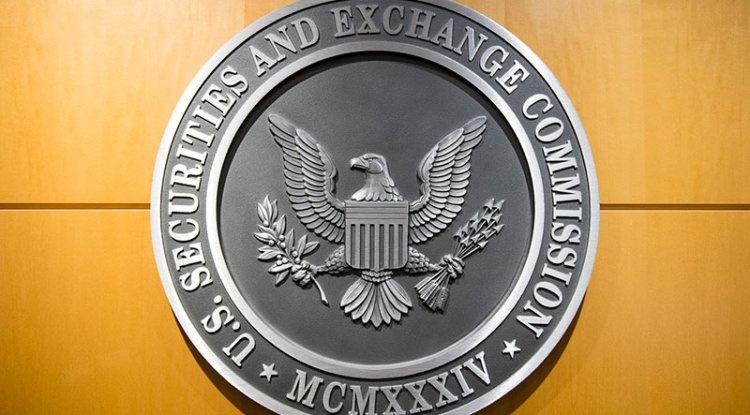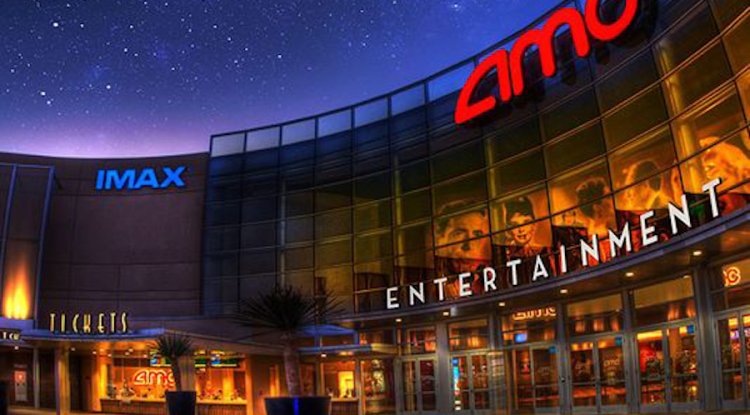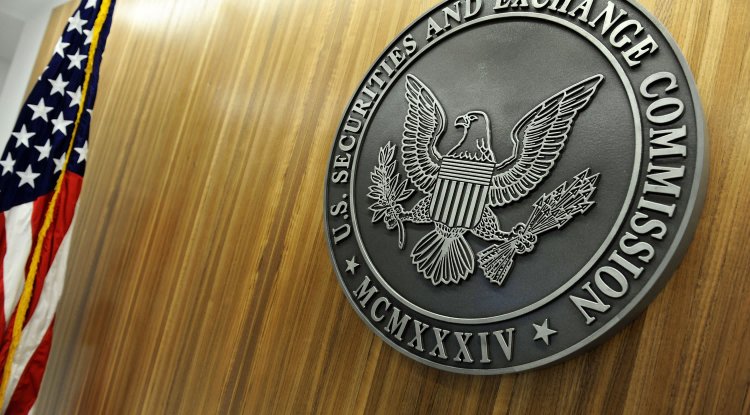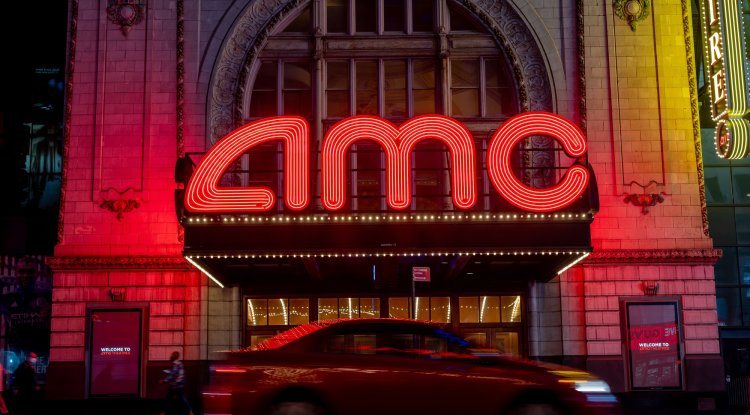The SEC has the power and obligation to suspend Dark Pools
Gary Gensler reported that 90-95% of retail orders aren't processed through the lit exchange.
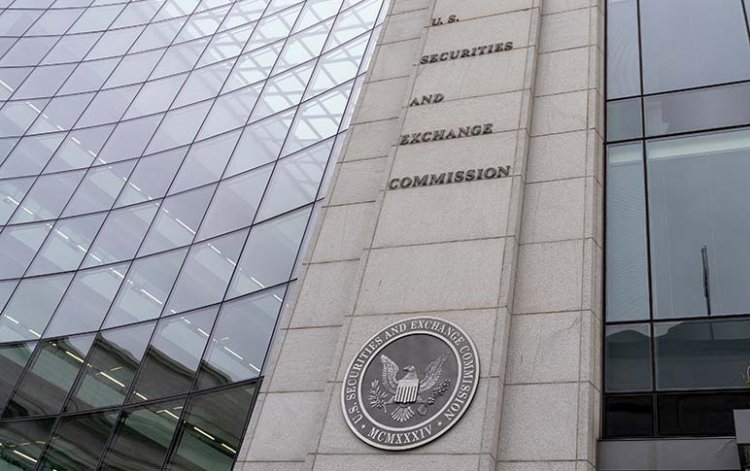
What are dark pools?
A dark pool is an exchange where securities are traded without the public's knowledge.
These exchanges are also known as "dark pools of liquidity," which refers to their complete lack of transparency. A dark pool was established in part so that institutional investors could carry out block trading without affecting the markets with their large orders and obtaining adverse prices.
Some people view dark pools negatively, but they serve a purpose by allowing large transactions to take place without affecting the main market. They are however at risk of conflicts of interest by their owners and predatory trading practices by some high-frequency traders due to their lack of transparency.
Retail orders not being processed
On Bloomberg, Gary Gensler reported exclusively that 90-95% of retail orders aren't processed through the lit exchange.
Rather than the NYSE, these orders are rerouted to dark pools according to the SEC Commissioner.
Although apes have been labeled conspiracy theorists, their theories have been proven to be accurate time and time again.
Orders aren't processed on the lit exchange in part due to payment for order flow, according to SEC Chairman and Commissioner Gary Gensler.
Ken Griffin, of Citadel, praised PFOF, saying it's good for retail investors.
Since PFOF routes executable orders to those who pay the most, market makers may not execute them. The average retail trader has a limited understanding and less data than institutional traders.
Gary Gensler on Bloomberg
Sec rule to suspend dark pools
SEC Rule 304(a)(4): Suspension, Limitation, or Revocation to the Exchange
DATE PASSED: October 9th, 2018
- According to this rule, the SEC has the authority to BAN, HALT, LIMIT, RESTRICT, or REVOKE access to any alternative trading system (ATS) and/or dark pool that connects to the Exchange entirely.
- It is possible for the SEC to enact full enforcement of this rule ANYTIME for a period of up to 12 months for retail investors if it is deemed beneficial. Furthermore, the rule states that the procedures for implementing the rule already exist.
Ken Griffin of Citadel has praised PFOF and said it is beneficial for retail investors; however, Citadel stated payment for order flow in 2004.
“creates conflicts of interest and should be banned”, according to an SEC file.

When over 50% of a stock's trading volume is funneled through dark pools, the resulting demand for that stock is usually reduced by 50% or more, which can vary depending on the particular trading day. In fact, there are some stocks that have been traded in dark pools for over 70% of their trading volume.
Dark pool trading can result in a sizable portion of retail investors' money being cut off from the real demand for a security. Dark pools enable institutions to prevent shares from rising in value based on the actual level of demand for the security. To put it another way, dark pools allow institutions to manipulate the price of a security by directing trades away from open markets.
Prices seen by retail investors on CNBC and Yahoo Finance ticker tapes aren't always accurate reflections of active supply and demand pressures.
The Theoretical Rationale behind Dark Pools
When the obvious benefits that dark pools provide to big Wall Street players are called into question today, the excuse mill they use to justify them falls into the following buckets:
Dark pools were established to facilitate block trading by institutional investors who did not want to disrupt markets with large orders and receive poor prices for their trades.
Because, obviously, they need complete secrecy to execute their brilliant "proprietary trading strategies" (and any potential fraud they might be engaging in). It's not like transparency and accountability are important in financial markets or anything.
GameStop and AMC price action reflects dark pool price manipulation
Retail investors have expressed dissatisfaction with meme stocks such as GameStop and AMC, despite many brokers reporting a higher number of buy orders than sell orders for months on end. This trend was especially noticeable in 2021, when even Fidelity, the world's largest stock broker, reported more buy orders than sell orders. Nonetheless, GME and AMC shares fell in value on these days.
Attention retail investors: the price you see on the ticker may be an illusion due to the SEC's "regulatory measure" known as Rule 19c-3. This, in conjunction with practices such as short selling and the use of dark pools, enables Wall Street insiders to potentially manipulate the market and have an impact on a significant portion of the American economy.
This article has been updated as of April 2nd, 2023, to reflect the latest information and developments on the topic.
Choose from more than 425 quick and user-friendly web tools.
What's Your Reaction?









